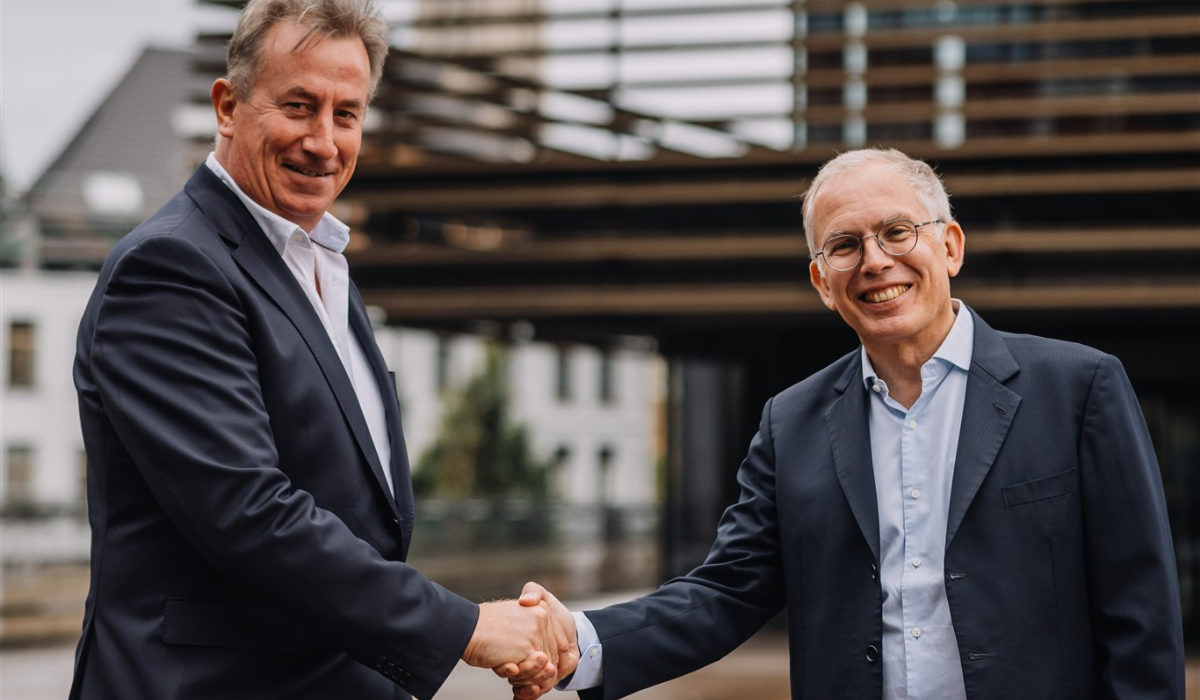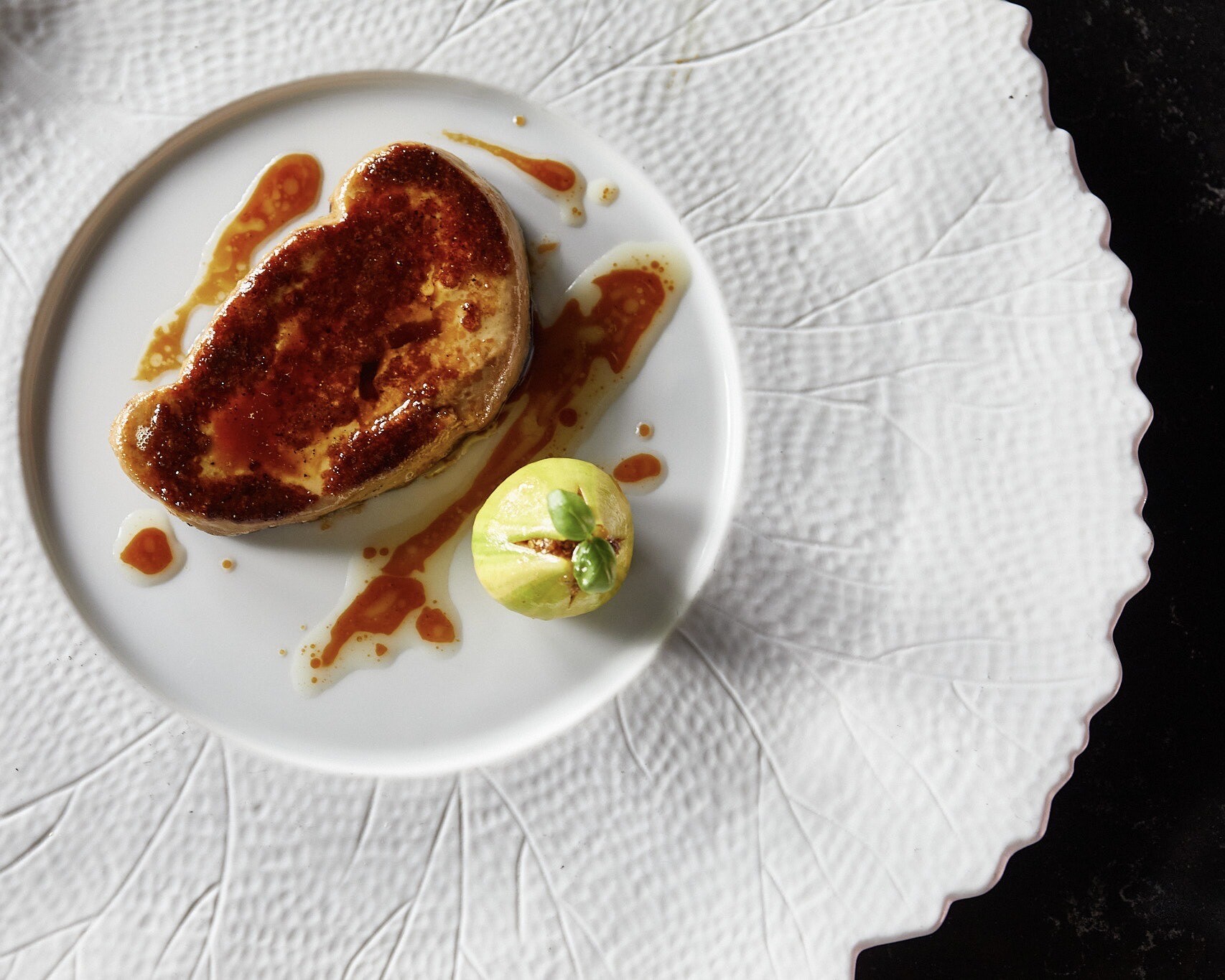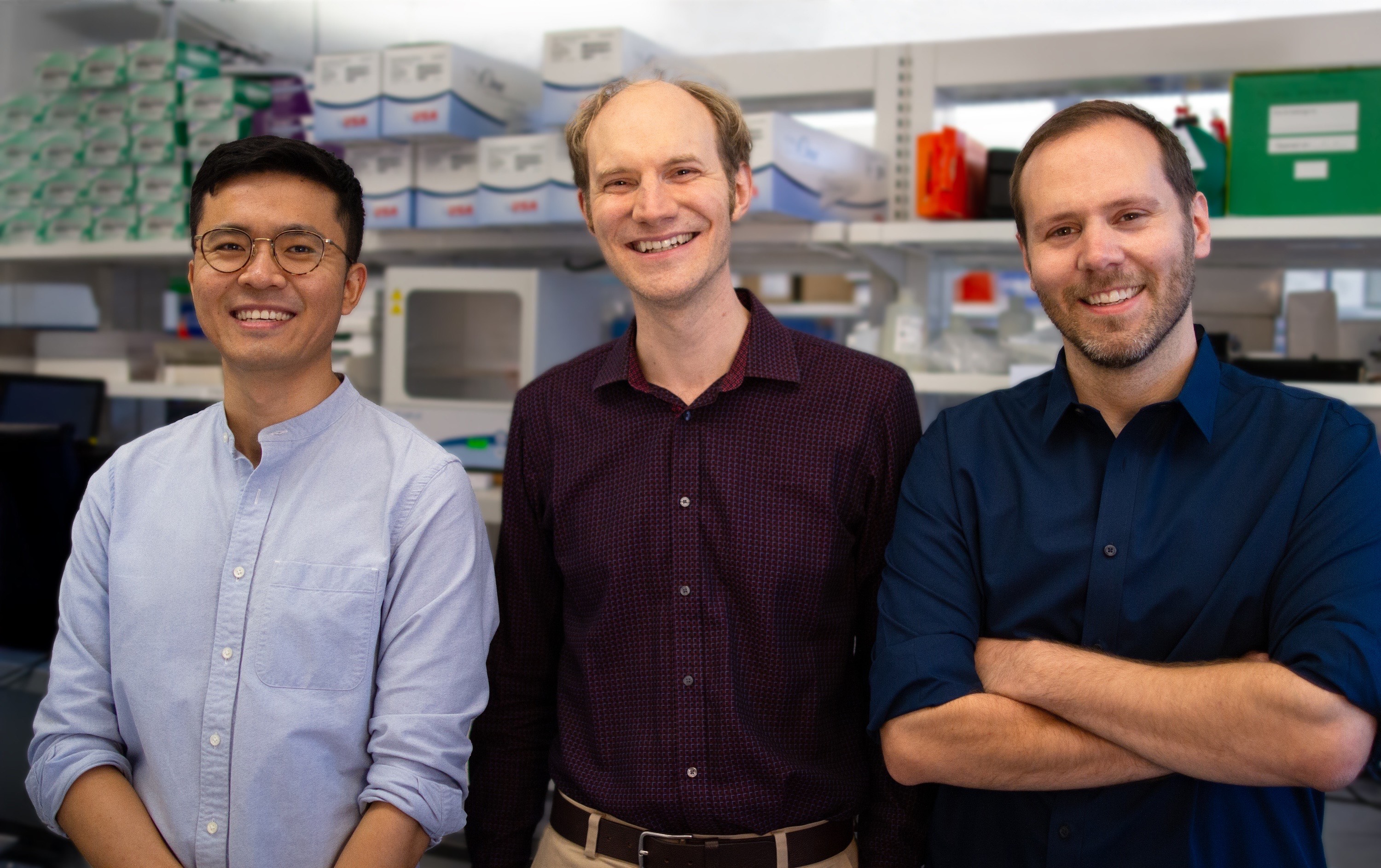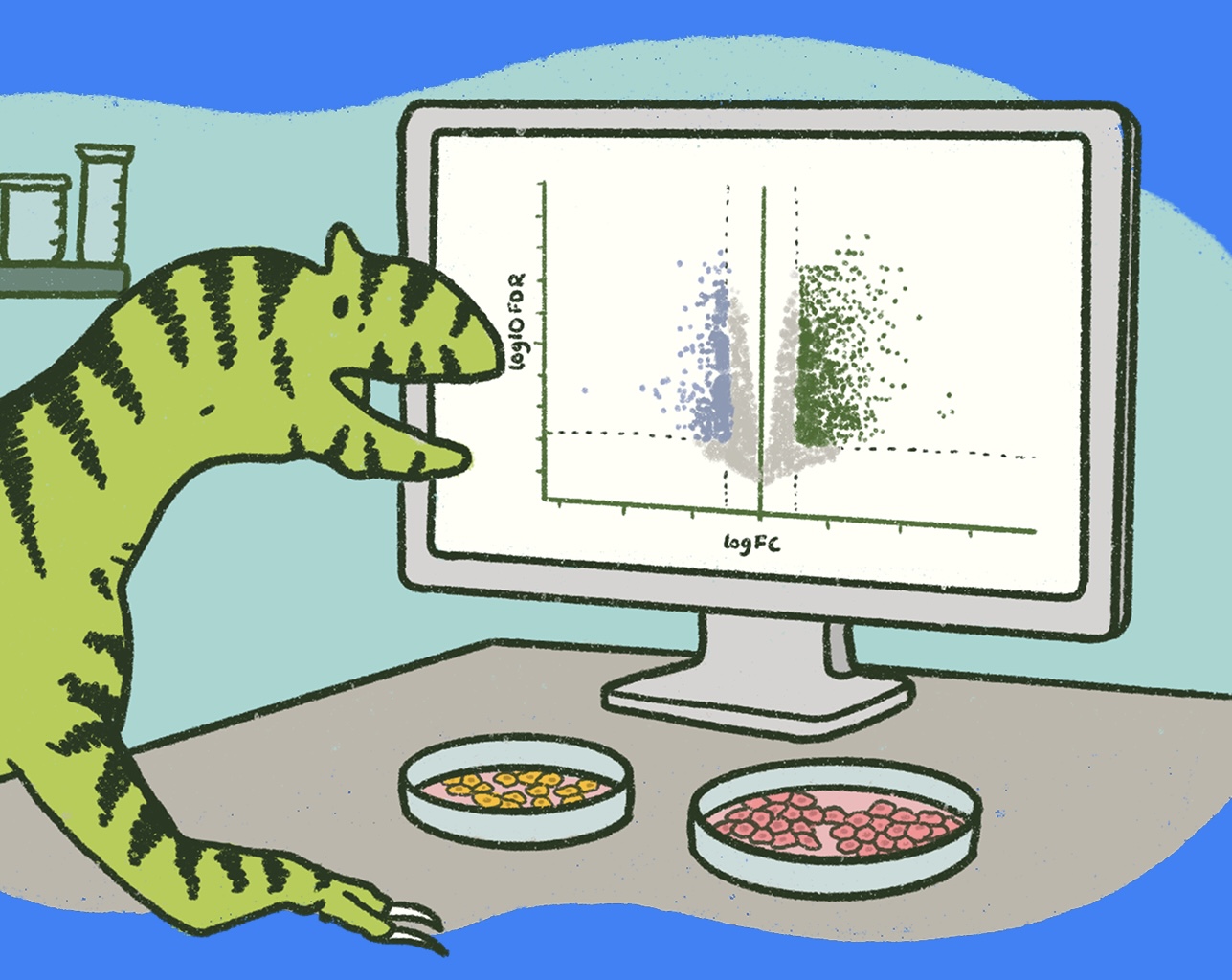Synthetic biology investment in the midwest topped the Bay Area in Q1
Synthetic biology investment in the midwest topped the Bay Area in Q1
Whether it’s Motown music or Boston biotech, innovation happens quicker in some places than others. And in synthetic biology, Boston and the Bay Area have always set the pace. The reasons are well known. Decades of smart policy decisions paved the way for today’s virtuous circle of innovation and investment. But Q1 funding for synthetic biology brought some surprises.At first glance, it looks like more of the same. Boston again led all regions with $295 million of investment dollars and featured both the biggest startup launch and the biggest funding round overall.

Beam Therapeutics, a gene-editing powerhouse that plans to commercialize technology developed at the Broad Institute, led the way with a $135 million Series B in March. Much of this backing came from Boston biotech stalwarts such as F-Prime Capital, Eight Roads Ventures, and Omega Funds.And Boston is also home to startup Motif Ingredients, which raised a monster $90 million Series A in February. Motif, a spin-off of Ginkgo Bioworks, is developing a platform to manufacture plant and animal proteins using a fermentation process similar to brewing beer.Yet a glance at the map of year-to-date funding reveals something new:

That spot on your screen midway between Boston and San Francisco doesn’t wipe off. The Midwest region pulled in a whopping $162 million of synthetic biology investment dollars in Q1.Of that total, $126 million was raised by Precision BioSciences at its March IPO. Headquartered in North Carolina’s Research Triangle, Precision BioSciences is developing gene editing techniques for both medical and agricultural applications, often in partnership with industry giants like Shire Pharmaceuticals, Gilead Sciences, and Cargill. Precision BioSciences’ backers include not only biotech investors like F-Prime and venBio, but corporate VCs including Amgen Ventures and Baxter Ventures.The Midwest also featured a $33 million raise by Chicago-based Sustainable Bioproducts. This three-year-old company started as a NASA research project to learn about the conditions necessary for life in extreme environments such as other planets or solar systems. That project led co-founder Thomas Jonas to Yellowstone National Park, where he studied microbes that live in volcanic springs (presumably, if they can make it there, they’ll make it anywhere). These protein-rich organisms, known as extremophiles, can thrive and multiply with limited resources under harsh conditions. Through that work, the startup discovered a fermentation process to efficiently grow edible protein from these microscopic troopers.Sustainable Bioproducts hopes its super-efficient extremophiles can one day replace animal-based meats. It has bigtime backers led by Andrew Chung’s 1955 Capital, a fund that aims to bring renewable energy and sustainability technologies to the developing world, especially China. Other investors in Sustainable Bioproducts include Bill Gates’s climate-focused Breakthrough Energy Ventures and the VC arms of food and agriculture giants Danone and ADM.Lab-grown plant and animal proteins were a popular investment theme in Q1. In addition to Motif Ingredients and Sustainable Bioproducts, Berkeley-based Perfect Day Foods raised $34.75 million for its synthetic dairy proteins. Perfect Day originally set out to make animal-free dairy products such as yogurt and cheese, and it has since expanded into the much bigger market for dairy proteins used in soups, sauces, condiments and baked goods.Investors in animal-free protein startups are a great illustration of the crossover appeal of synthetic biology. They are a curious mix of mission-driven green investors and corporate venture capitalists. For instance, Motif Ingredients received major funding from Breakthrough Energy Ventures, New Zealand dairy company Fonterra, and global commodity juggernaut Louis Dreyfus Company. Such is the power of synthetic biology to save the planet while disrupting its biggest industries.Recent history shows that synthetic biology startups can be launched almost anywhere. They are not constrained by access to raw materials or transportation, for example, and they can raise capital from diverse sources. Nevertheless, geography still matters. Tech talent goes where opportunities are abundant, and VCs will always want to be hands-on. The outlook for the midwest seems favorable though, as synthetic biologists are drawn to the field of agronomy.Time will tell if the recent large funding rounds by midwestern synthetic biology startups mark the start of a trend. Synthetic biology has always adhered to Abe Lincoln’s maxim that the best way to predict the future is to create it.Meet the innovators and companies, find new opportunities, partner up and discover the potential of the biological industrial revolution. Join us October 1-3 in San Francisco to see how synthetic biology is disrupting consumer products, food, agriculture, medicine, chemicals, materials, and more.



.svg)









.jpg)


.gif)